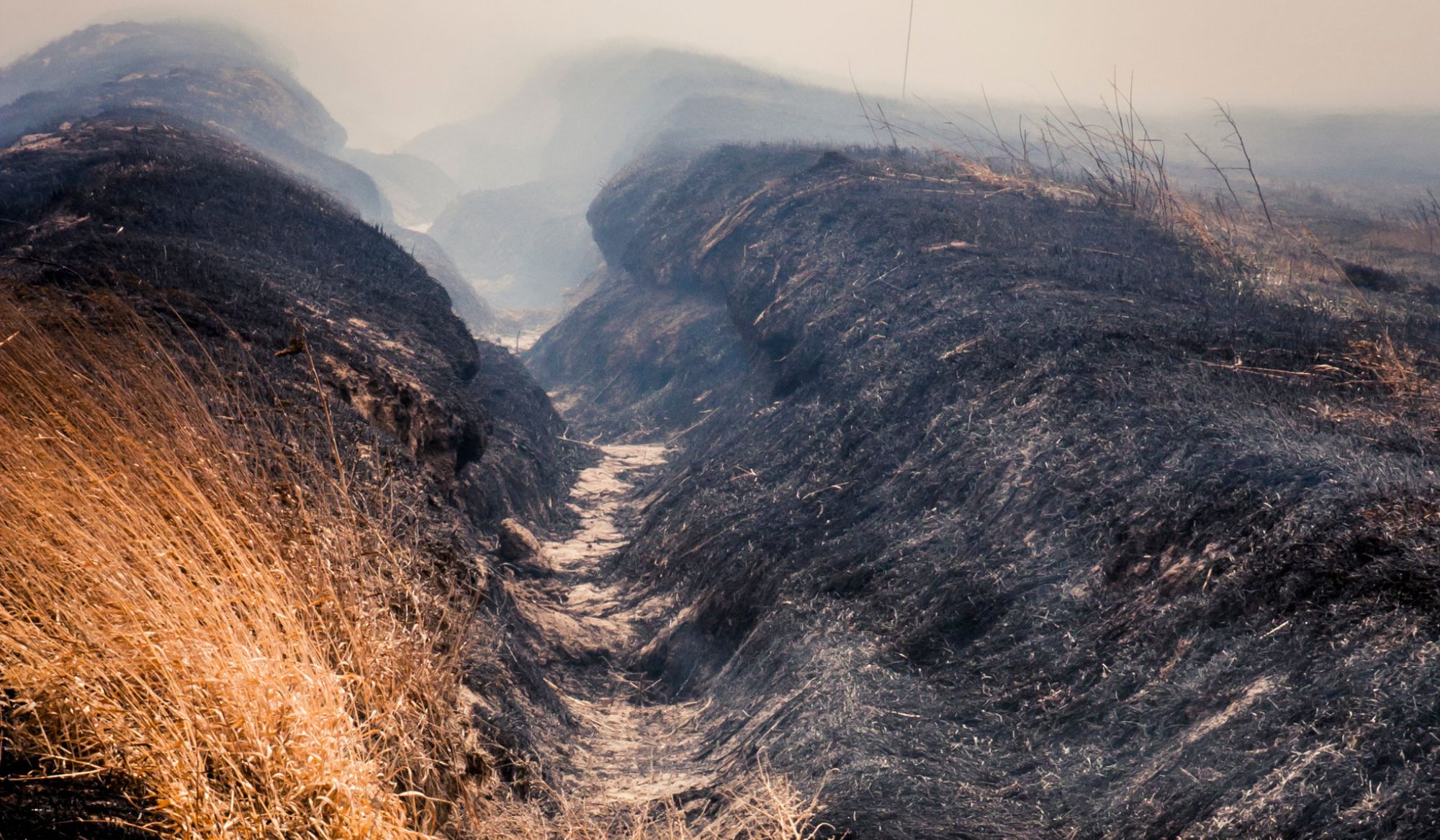We're hiring! Check out our opportunities on our careers page!
Our Office: 4100 32nd Ave. S. Fargo, ND 58104
Our Office: 4100 32nd Ave. S. Fargo, ND 58104

What starts as a “controlled burn” can quickly become anything but, especially when fire and electrical equipment meet. At Cass County Electric Cooperative, we’ve seen firsthand how a simple burn for vegetation or weed control can turn costly and dangerous in a matter of minutes.
If your burn area is near a utility pole, the stakes get even higher. A fast-moving fire can cause thousands of dollars in damage, trigger power outages, and create serious safety hazards.
Why utility poles are at risk: Fire damage isn’t always obvious. While blackening and scorch marks are clear signs, even slight discoloration can mean the inside of the pole is smoldering and structurally compromised. In most cases, the pole must be replaced—and the replacement cost is billed to the person responsible for the fire. Beyond repair costs, damaged poles can cause outages or lead to energized lines falling to the ground, creating a potentially deadly situation for people and animals nearby.
How to burn safely near utility poles: If you’re planning a controlled burn this season, take these precautions to protect yourself, your neighbors, and your local electric system.
Important: Never spray water directly on a burning pole, power lines, or any electrical equipment. Water conducts electricity, and you could create a short circuit or suffer a serious injury.
Working together to prevent hazards: Before burning near power lines, we encourage you to contact our operations team at 701-356-4400. We can help you understand the safest approach and avoid costly damage.